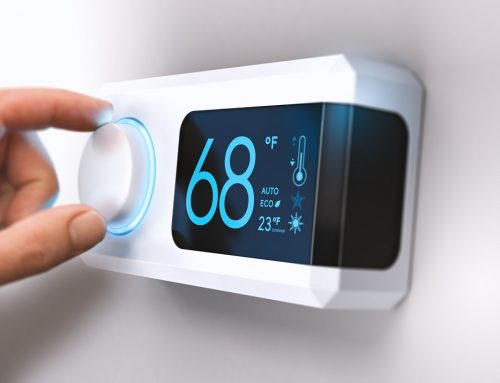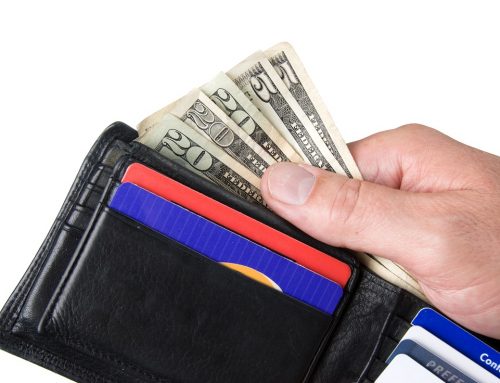When you are struggling with debt, you may take out a title loan to pay off some of your creditors and stop the harassing phone calls and emails. If you own your car or another vehicle, it can be a smart move. You can borrow against the value of your car and get the cash you need to stop collection activity or to pay down debts that have a higher interest rate.
However, if you aren’t careful, or if your debt problems continue, you can keep racking up debts in addition to your title loan. Then you may find it harder than ever to pay. You may start considering filing for bankruptcy as a means of gaining debt relief, both for your title loan and for the other debts you have accumulated.

Title Loans and Chapter 7 Bankruptcy
Chapter 7 bankruptcy often provides maximum debt relief since it discharges unsecured debts, such as credit card bills and medical bills. You can discharge tens of thousands of debt that way and never have to worry about paying it.
However, you most likely will not be able to discharge a title loan in a Chapter 7 bankruptcy. Title loans are usually considered secured loans since you are pledging the value of your car against the loan. That gives title loan lenders the right to repossess your vehicle if you default on the loan. The lender can then sell your vehicle at an auction in an attempt to raise as much as you owe.
That doesn’t mean that filing for Chapter 7 bankruptcy won’t help you. If you have a lot of other unsecured debts, you can have those discharged in a Chapter 7 bankruptcy, which would free up a lot of money to pay back your title loan and keep your car out of repossession. It is important that you talk through the options with an experienced bankruptcy attorney so you can get the maximum benefit from filing bankruptcy.
Title Loans and Chapter 13 Bankruptcy
Chapter 13 is a great option when you have debts that cannot be discharged under Chapter 7, such as a title loan, or when you have property or other assets that you want to keep. Chapter 7 would require you to liquidate some assets in order to pay your creditors.
Under a Chapter 13 bankruptcy filing, you would reorganize your debt under a repayment plan that can include lower interest rates and potentially even lower principal amounts. The repayment plan lasts for three to five years, and some debts that remain after the repayment period ends may even be able to be discharged.
Filing for Chapter 13 bankruptcy can help you get current on your debts, including your title loan so that you can save your vehicle from repossession. A Chapter 13 bankruptcy filing can also help you get a better handle on your debts. You’ll make one affordable monthly payment, so you shouldn’t feel overwhelmed by your debts. You should have the money you need each month to pay for your basic living expenses.
Talk to a Bankruptcy Attorney
Don’t continue to labor under debts that you cannot pay because you are afraid of the potential consequences. Talk to a bankruptcy attorney about how bankruptcy may be able to help you. In many cases, your bankruptcy attorney can help you find a plan that will protect your assets while also giving you debt relief. You may be able to save your home from foreclosure and your vehicle from repossession. You will most certainly be able to gain control of your finances again so that you can start moving forward.
If you are struggling with debt, call the Rodney K. Okano Law Office to learn more about your options with bankruptcy and how they may be able to help you. We seek to get you the maximum debt relief possible through bankruptcy protection, while also finding ways to preserve your assets, such as your home and vehicle. We’ll help you understand all your options so that you can make the best choice to meet your goals. Call our Las Vegas bankruptcy firm today to schedule a consultation with an experienced bankruptcy attorney.
Guest blog is written by:
Law Office of Rodney K. Okano
6069 S Fort Apache Rd #100,
Las Vegas, NV 89148, USA
+1 702-566-3600





